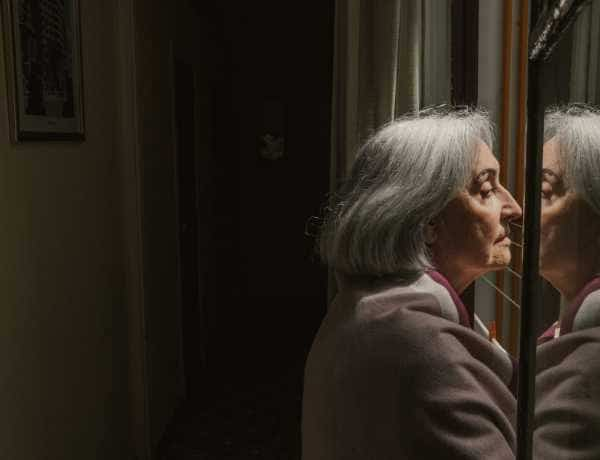
Guardianship abuse refers to the exploitation, mistreatment, or neglect of a person placed under legal guardianship. Legal guardianship is a process where a court appoints an individual or an organization to make decisions on behalf of a person deemed incapable of making decisions for themselves. These people can be elderly persons, making them vulnerable seniors.

Unfortunately, some guardians may abuse their power and exploit the vulnerable person they are supposed to protect. This can take many forms, including:
Elder financial abuse refers to the illegal or improper use of an elderly person's funds, property, or assets by someone who has access to them, such as a family member, caregiver, or financial advisor. This abuse can take many forms, including:
Elder financial abuse is a severe problem that can leave seniors vulnerable and financially devastated. It is important for family members and caregivers to be vigilant and take steps to prevent it.
Elder physical abuse is any intentional act that causes physical harm or injury to an older adult. This can include:
Elder physical abuse can occur in many settings, including nursing homes, hospitals, and private homes.
Physical elder abuse is a severe issue that can have devastating consequences for older adults, including:
It is important to recognize the signs of elder physical abuse and report any suspected abuse to the appropriate authorities.
Elder emotional abuse is a form of mistreatment involving words, actions, or attitudes that cause an older person emotional pain, distress, or anguish. Emotional abuse can include:
Elder emotional abuse can have severe consequences for the health and well-being of older adults, including:
It is important to recognize the signs of elder emotional abuse and take action to prevent and address it.
Elder neglect refers to the failure of a caregiver to provide basic necessities, such as food, shelter, medical care, and personal hygiene, to an elderly person who cannot care for themselves. Elder neglect is a serious problem that can have severe consequences for the health and well-being of the elderly person.
Elder isolation refers to the social and emotional disconnection experienced by older adults who lack regular contact and interaction with others. This can be caused by a variety of factors, such as physical limitations, mobility issues, living alone, and the loss of friends and family members. Elder isolation can have negative effects on mental and physical health, and it is important to address this issue through social support and community engagement programs.
Elder medical neglect refers to the failure of a caregiver or healthcare provider to provide adequate medical care and attention to an elderly person, resulting in harm or injury to the individual. Medical neglect can include:
Elder medical neglect is a severe form of elder abuse and can have devastating consequences for the health and well-being of elderly individuals.
Several signs may indicate guardianship abuse. Here are some of the most common signs to watch out for:
If you notice any of these signs, it is essential to report your concerns to the authorities or seek legal advice. It is always better to err on the side of caution and take action if you suspect guardianship abuse.
Here are some steps to take if you suspect guardianship abuse of an elder:
If you suspect guardianship abuse, observing and documenting any signs of abuse is important. This may include physical or emotional abuse, financial exploitation, neglect, or isolation. Record any unusual behavior or changes in the elder's living situation or finances. This documentation can be helpful if you need to report the abuse to authorities.
If you suspect guardianship abuse, you should report it to the appropriate authorities, such as adult protective services, the court that appointed the guardian, or law enforcement. Be prepared to provide any documentation or evidence you have collected. You can also contact a local elder law attorney for guidance on proceeding.
If you suspect guardianship abuse, you can request a review of the guardianship. This may involve filing a motion with the court or contacting the court-appointed guardian ad litem. The court may appoint a new guardian or conservator if it finds evidence of abuse or neglect.
If you suspect guardianship abuse, seeking help for the elder is important. This may involve finding a new caregiver or moving the elder to a different living situation. You can also contact local organizations that provide support and resources for seniors, such as the Area Agency on Aging or a local senior center.
If you suspect guardianship abuse, you may want to consider legal action. This may involve filing a lawsuit against the guardian or conservator for damages or seeking a court order to remove the guardian or conservator from their role. Consult with an elder law attorney to determine your situation's best course of action.
Guardianship abuse of an elder is a serious issue that requires immediate action. By observing and documenting any signs of abuse, reporting the abuse to the appropriate authorities, requesting a review of the guardianship, seeking help for the elder, and considering legal action, you can help protect your loved one from further harm.
Our expert partner attorneys offer free consultations for your claim.